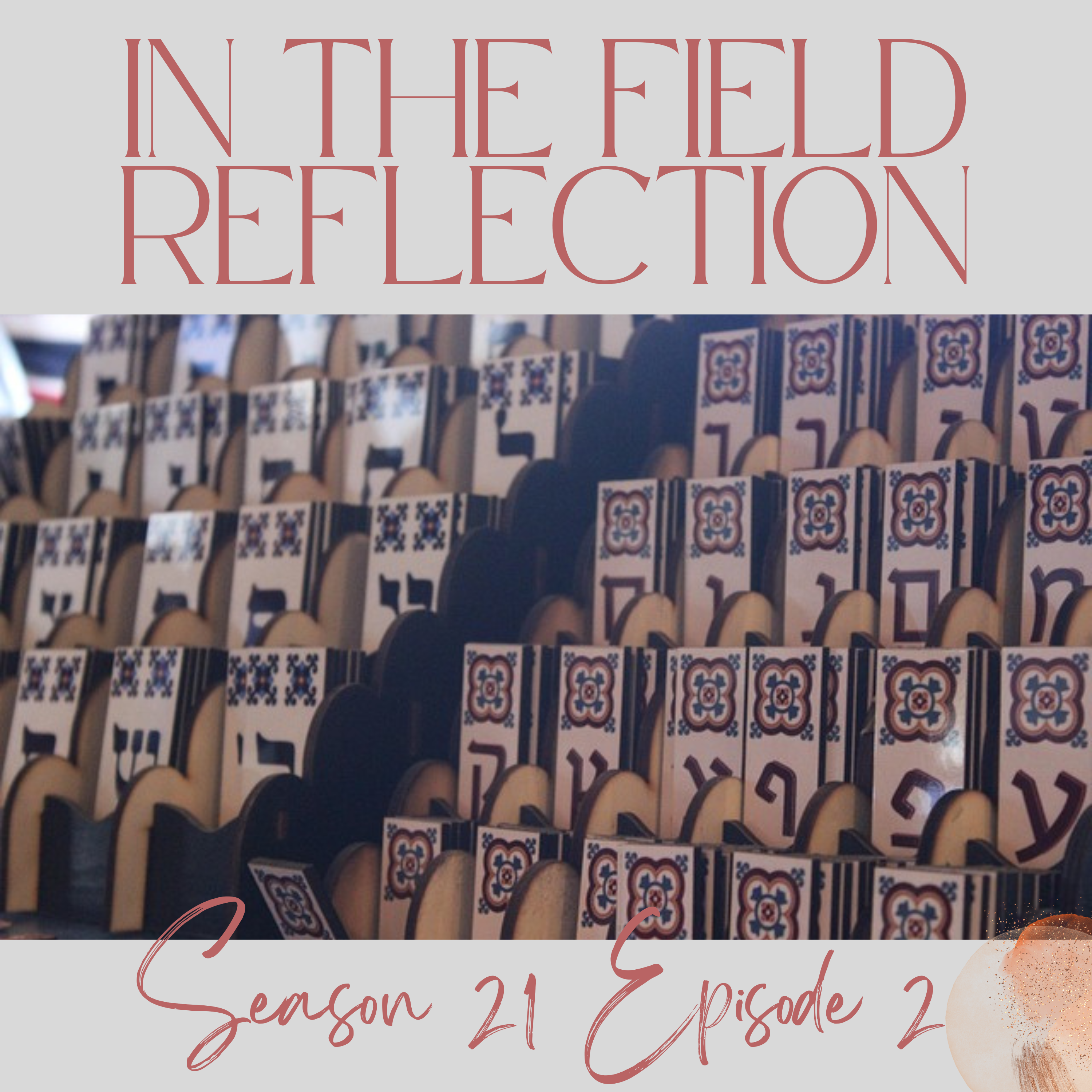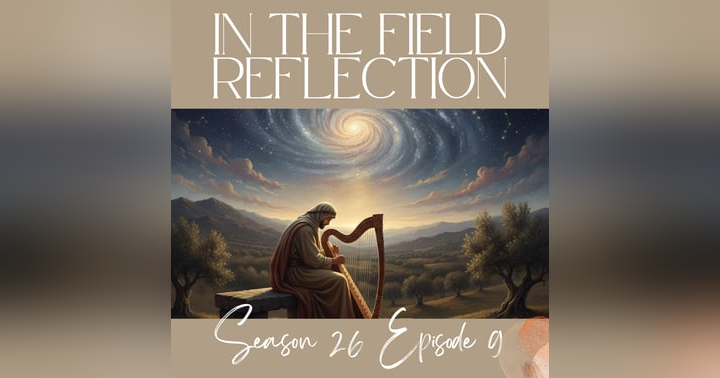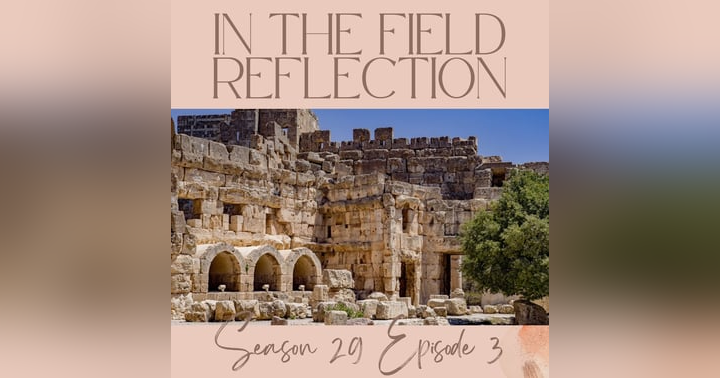Gathering Before the Storm: Finding Shelter in God's Word

The book of Zephaniah offers a profound glimpse into the dual nature of God's character – both His righteous judgment and His enduring mercy. In chapter two, we witness a powerful prophetic message that transcends ancient boundaries, speaking directly to our contemporary spiritual journey and the timeless human need for finding shelter in God's Word during seasons of uncertainty and divine reckoning.
The chapter opens with an urgent call to gather together, to seek the Lord before judgment arrives. This isn't merely a warning of impending doom, but rather a compassionate invitation to find shelter in God's presence. The prophet employs vivid imagery of chaff being driven away by the wind to emphasize the fleeting opportunity for repentance. This metaphor resonates deeply in our fast-paced world where time seems to accelerate, reminding us that spiritual opportunities must be seized before they vanish.
Zephaniah then pivots to address the "humble of the land" with words that illuminate a profound spiritual principle: "Seek righteousness, seek humility. Perhaps you may be hidden on the day of the Lord's wrath." This conditional promise reveals that divine protection isn't automatic but connected to our spiritual posture. The Hebrew word for "hidden" (sathar) carries connotations of being sheltered, concealed, and protected – suggesting that humility creates a spiritual refuge when judgment sweeps across the land.
The prophet's gaze then turns outward to the surrounding nations – the Philistines along the coast, Moab and Ammon to the east, Ethiopia to the south, and mighty Assyria to the north. With remarkable geopolitical awareness, Zephaniah pronounces judgment on these powers not merely for their military might or economic exploitation, but specifically for their pride and arrogance toward God's people. The repeated emphasis on pride as the triggering factor for divine judgment establishes a universal spiritual principle that transcends culture and time.
Perhaps most striking is the prophecy against Nineveh, that "exulted city" that proclaimed "I am, and there is no one else." This statement of absolute self-sufficiency represents the ultimate expression of human pride – a city essentially claiming divine status. The detailed description of its coming desolation serves as a powerful reminder that all human achievements, no matter how impressive, remain subject to divine sovereignty. The contrast between Nineveh's self-perception and its ultimate fate creates a sobering meditation on the transience of worldly power.
Throughout these pronouncements of judgment, threads of hope emerge for God's people. The text speaks of a "remnant" who will inherit the very territories once dominated by their oppressors. This theological concept of the remnant – those who remain faithful despite surrounding corruption – appears consistently throughout the prophetic literature. It reminds us that God always preserves a faithful community even in the darkest times.
The chapter ultimately reveals a profound spiritual paradox: those who exalt themselves will be brought low, while those who humble themselves will find protection. This inverse relationship between pride and divine favor forms the theological backbone of the passage. The repeated call to "seek" indicates an active, intentional spiritual posture rather than passive acceptance. The seeking itself becomes a transformative practice that shapes the seeker into someone who can receive divine protection.
For contemporary readers, Zephaniah 2 offers timeless wisdom for navigating our complex world. It reminds us that time is limited, that humility positions us for divine protection, and that God's judgment on others should inspire our own self-examination rather than smugness. Even as nations rise and fall according to divine timing, those who seek righteousness and humility find themselves anchored to something far more enduring than earthly power – the unchanging character of a God whose mercy endures forever.



